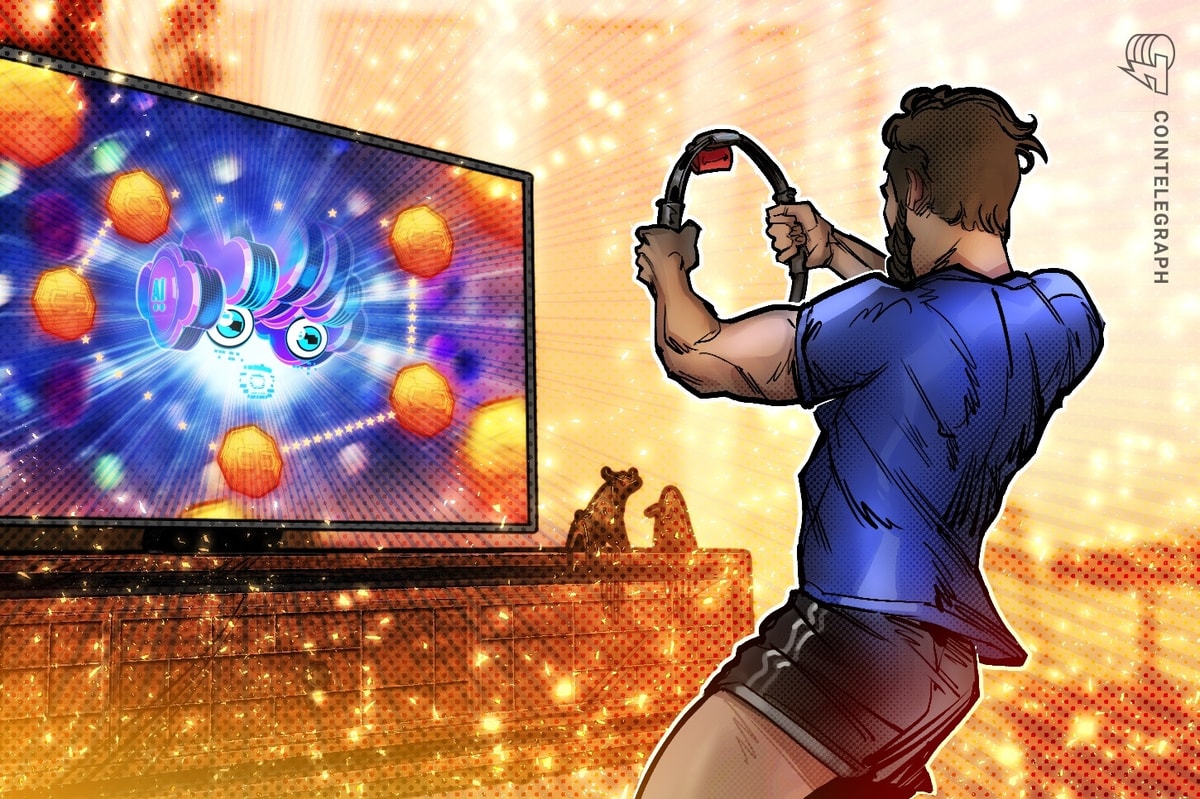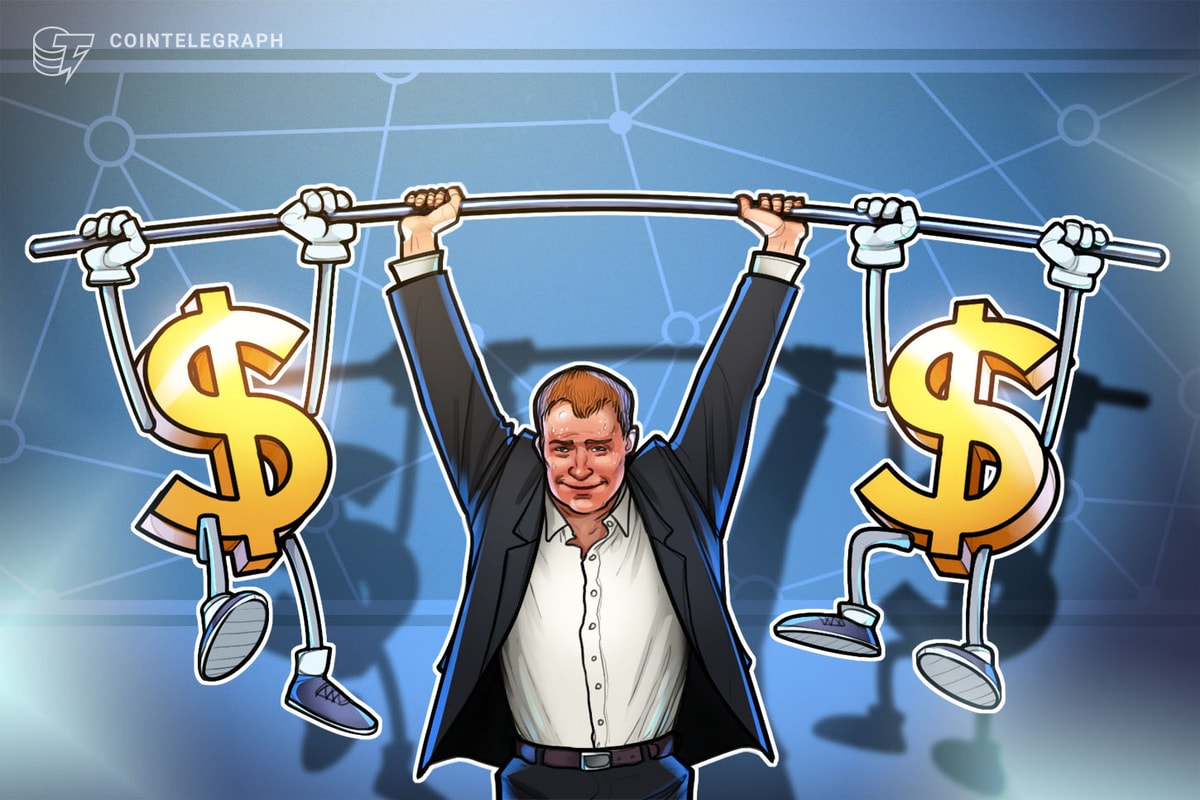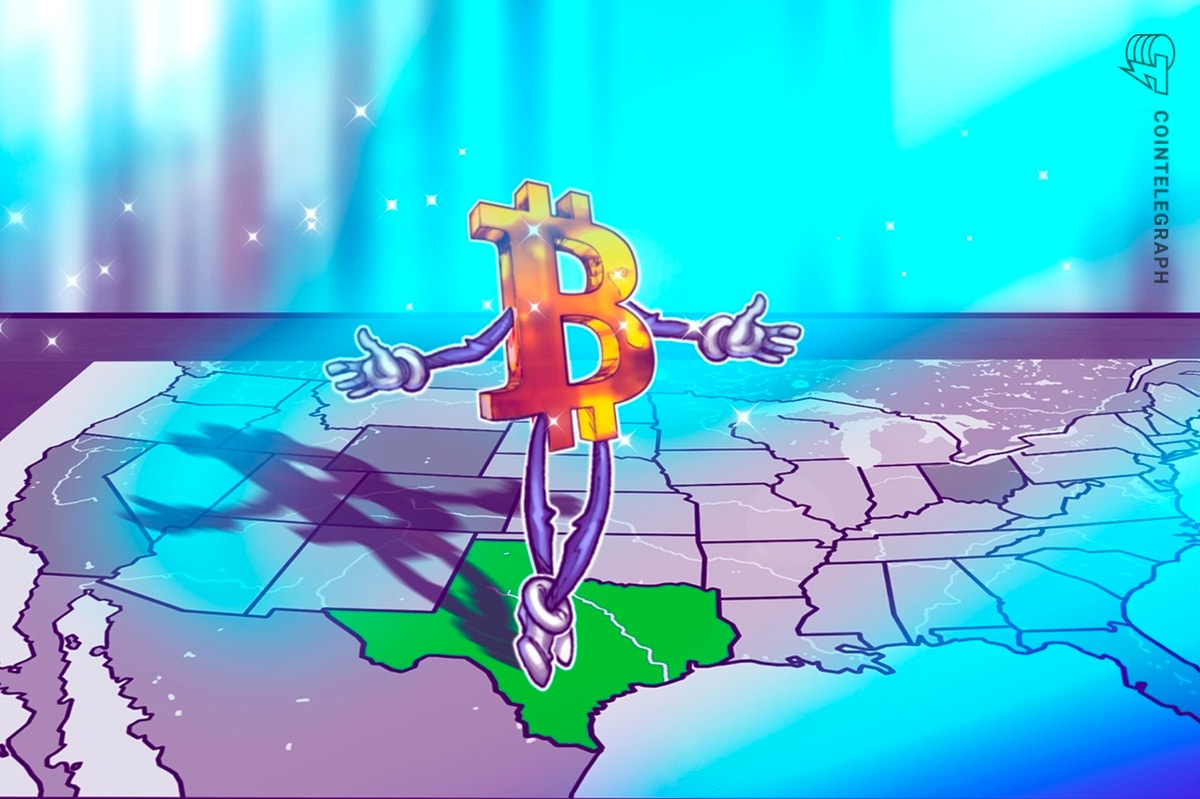Opinion by: Norris Wang, co-founder of E-PAL and Balance.fun.
Gamers are hackers who crave new adventures. They need more once they have completed a level or an entire game. They also want recognition and bragging rights. That’s why AI agents who coach players and cheer them on as in-game fans will accelerate Web3 gaming’s spike in popularity.
In the Netflix documentary High Score, college students hacked and boosted Atari’s Missile Command in the 1980s to make the game harder to beat. They then created a booming black market arcade in their dorm room and booster kits for the arcade machine. Atari legally settled with the students on one condition: They all agreed to work for Atari.
The idea of fan ownership and game modification makes sense in crypto and gaming culture. Video game IP hacking means you are a true fan of improving the game — think of this as an homage to your love of the game. Why not spin up AI agents to improve a game?
From gaming companions to AI agents
Human “gaming companions” are in-game coaches and fans cheering on a player. They are very popular on Web2. Jumping to Web3 makes sense. After this memecoin supercycle, AI agents will be deployed as companions in gaming and social applications. AI agents in gaming are relatively new.
AI agents are programs capable of autonomously performing tasks on behalf of their users. That level of autonomy can vary depending on how prompts or instructions are set up for an AI agent. In 2025, AI agents will be deployed by gamers in a clickable, easy-to-implement design, even if rudimentary.
Web3 gaming is finally coming, and AI agents are the brush to the fire.
Recent: The future of Web 3.0 gaming
The key point here is to think of the AI agents created by fans as a way of modifying and improving their in-game experience. This story of in-game hardware and software hacking goes back to the original roots of the gaming industry. Only if the gamers get to own the network, too.
Web3 ownership will be embraced as AI agents enter gaming
Yes, it’s true. Web2 gamers hate Web3 gaming. Web2 gamers were rightly suspicious of the big-name Triple A (AAA) studios constantly charging them for in-game skins, level-ups and add-ons. True, most gamers are still highly suspicious of or even hate Web3 gaming in the form of shilly tokenizations and promises of “owning the gaming network.”
How will gamers feel about in-game AI agents? Will gamers fear the purity of the game will be lost? No. AI agents will enhance gaming communities.
Gaming is a social endeavor where gamers always seek unique and authentic experiences. 40% of Gen Z and Millennials socialize more in online games than in the physical world. Winning means cooperating with friends in quests or beating the random player in Bermuda on the other screen. But telling the world about your achievements is a key part of the journey.
The difference is that AI agents can learn from a player’s choices. It will not be just you and “The Matrix” anymore. It will be you and your friends, your competition, your community and now, your coach — an AI agent modifying and personalizing your gaming experience.
Own the network
Intellectual property generation is one form of gaming bragging rights dating back to those cheeky Atari-hacking college students. Again, fluid conceptions of IP ownership have been part of gaming since the 1980s.
The next generation of Web3 gaming decentralized applications needs to understand the importance of the in-game creator layer by including community self-sovereignty, creating composable layers, giving gamers something to create/modify and offering financial incentives.
In-game hacking through AI agents can fuel a $200-billion-a-year gaming economy, making Web3 a viable, distinct alternative for gamers. Logical create-and-earn mechanics will be married to the introduction of AI agents.
Opinion by: Norris Wang, co-founder of E-PAL and Balance.fun.
This article is for general information purposes and is not intended to be and should not be taken as legal or investment advice. The views, thoughts, and opinions expressed here are the author’s alone and do not necessarily reflect or represent the views and opinions of Cointelegraph.











